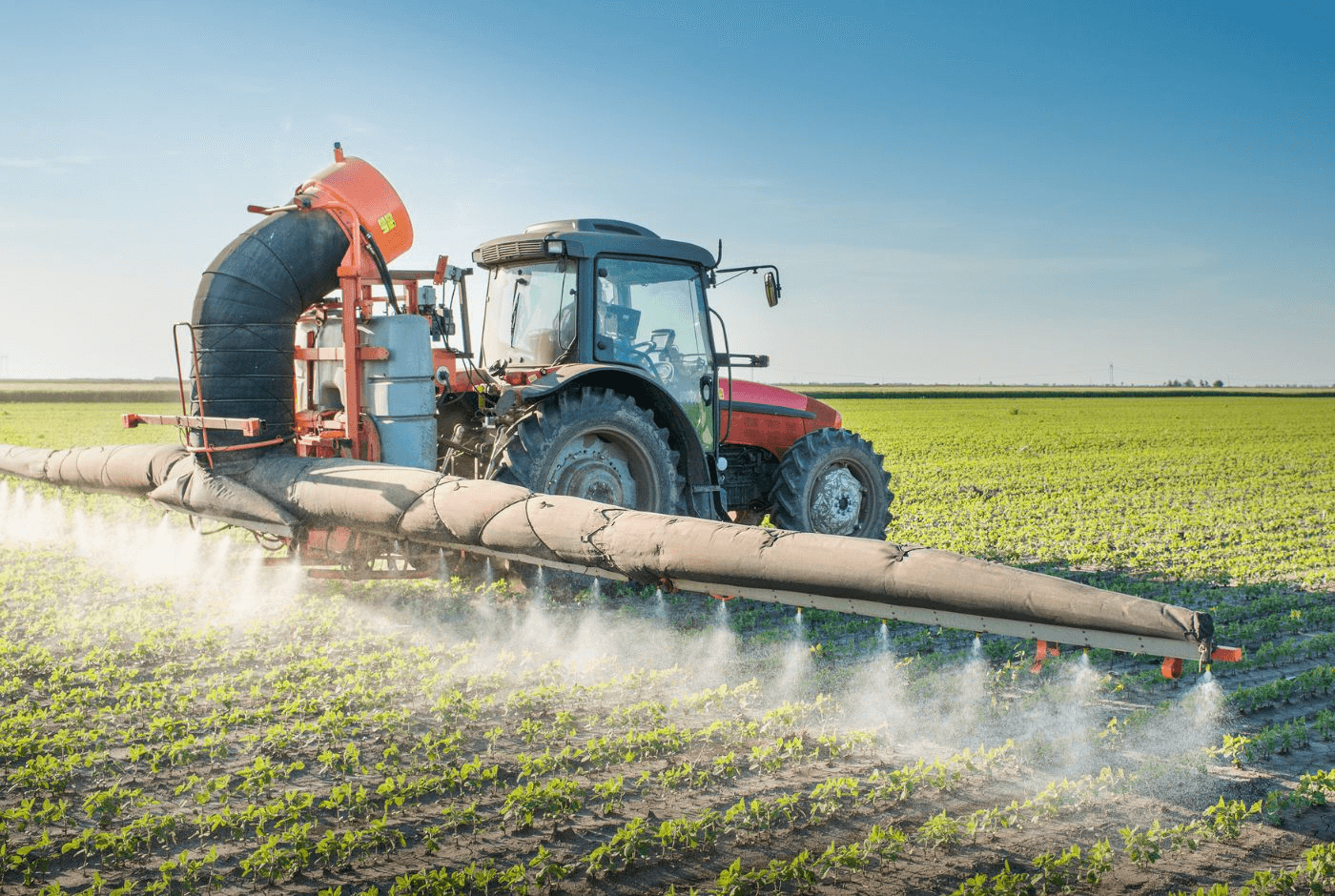Earlier [in 2024], Brussels was rocked by the publication of a secret legal opinion written by advisers to the European Parliament … arguing that, no, the European Union does not follow its own rules on pesticides. This news, which followed the EU’s decision to allow the use of glyphosate, encapsulates Europe’s problem: We can’t reduce chemical inputs and still have food security if the crops we grow need those inputs.
When the conversation revolves solely around reducing agrochemicals, we get further away from building a future where they aren’t required. Instead, we need a roadmap for minimizing reliance on these chemicals altogether; in doing so, we can bring more sustainable food systems (and food security) to the world.
Europe could look to a trading partner for inspiration on how to do this: Canada. While Canada also faces pressure to reduce pesticide use, its regulators are taking a more future-oriented approach. They have processes in place to more quickly pivot to approve new agricultural practices…. This flexibility to new technology is a more long-term and sustainable solution to food security that supports farmers.

